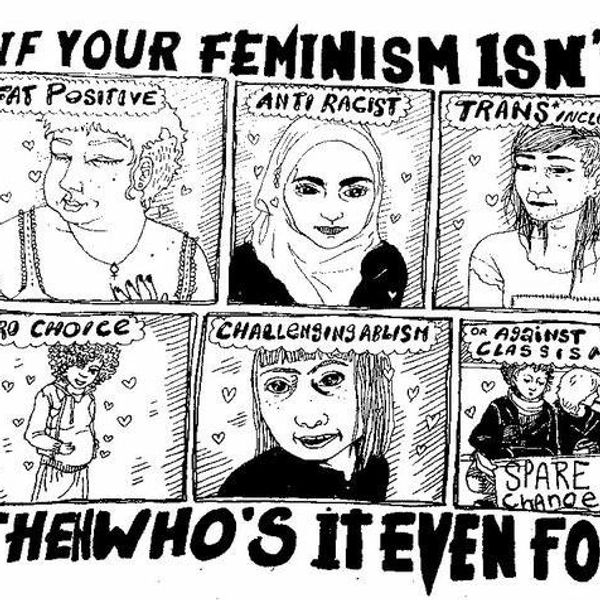Recently, I have been engrossed in and thinking a lot about the cultural, environmental, and behavioral values and norms in Ethiopia. Ethiopia, the place I call home, is one of only two African countries that were able to preserve their independence during the period of colonization. It features spectacular landscapes, monasteries, and a history that manifests fairy tales and castles. However, Ethiopia is amiss when it comes to freedoms of expression and association, LGBTQ+ rights, and women’s rights.
A common practice in Ethiopia is female genital mutilation (FGM), a tradition where the clitoris and other parts of the external genitalia of young girls are lacerated, usually using an unsterilized blade or razor. About 72.7% of the Ethiopian women population have gone through this harmful procedure. To me, what is even more reprehensible than the procedure itself is the justification behind it. It is a prevalent belief in Ethiopia that uncircumcised women tend to be promiscuous and do not have the skills to carry out household duties. This insinuates that women are not allowed to have sexual desires, while men are allowed to rape and abduct women, which is also very common in Ethiopia. In Ethiopia, over 70% of marriages are through the abduction and rape of women, the majority of whom are minors. This is especially frequent in rural areas, but it happens a lot in urban areas as well.
My mom is a storyteller; she gains pride and confidence from sharing experiences of hers. One narrative she acquainted me with made me question my identity as a woman who believed in the inherent equality of both sexes. While my mom was attending school, she got her period, which made my grandmother angry and resulted in my mom getting hit. My grandmother believed that my mom got her period because she was promiscuous. Another account that made me realize the intricate meaning of feminism was the appearance of an Ethiopian woman named Betty Abera on the African reality show, "Big Brother Africa." When she had sex with another contender on the show, this 27-year-old woman was criticized and called derogatory terms. The media even went to her mother’s house and interviewed her; she claimed that her daughter would never do such a thing and had been possessed by the devil. Betty Abera was treated with the same contempt as a murderer would be.
If people in society like to intrude so much in the personal business and sexual activity of others, why don’t they dare to change the political and economic stand of women in Ethiopia? If these people have so much time, why don’t they do something about the thousands of women who are forced to immigrate to other countries? Why won’t they express any disapproval at women being sold into prostitution? The society has created a harmful perception as to what women should be and behave like, and this has affected people of different backgrounds, especially the uneducated population, who are easy to manipulate. Mothers are becoming responsible for the victimization of their own children because of their lack of power, education, and voice within a male-dominated society. For example, breast ironing is becoming very common for young girls in many communities.
We, women, are not designed simply for sexual satisfaction or for childbirth. We do not have to be sexually harassed by our own teachers and professors. One thing I want to clarify is that women should not be given rights for economic, political, or social reasons, but just because we are as humane as men are. Our claim to human rights originates solely from our humanity, and thus, there is no need to look for other justifications to exercise these rights. It is our implicit right to be able to learn, to live, to say no, and to not be taken advantage of.
However, I do not want you to get an entirely negative perception of Ethiopia. Ethiopia is beautiful. We have history that lies within our languages and people. We have people that dance to the music of the birds and trees. We have neighbors who cheer and cry with us. However, the lack of equality of genders unequivocally shows that change is necessary. How do we bring change in perception to people who follow a tradition that has lasted for generations? The answer is education. Education provides an opportunity to grow and to change the pervasive ignorance within a society by adminstering awareness.





















